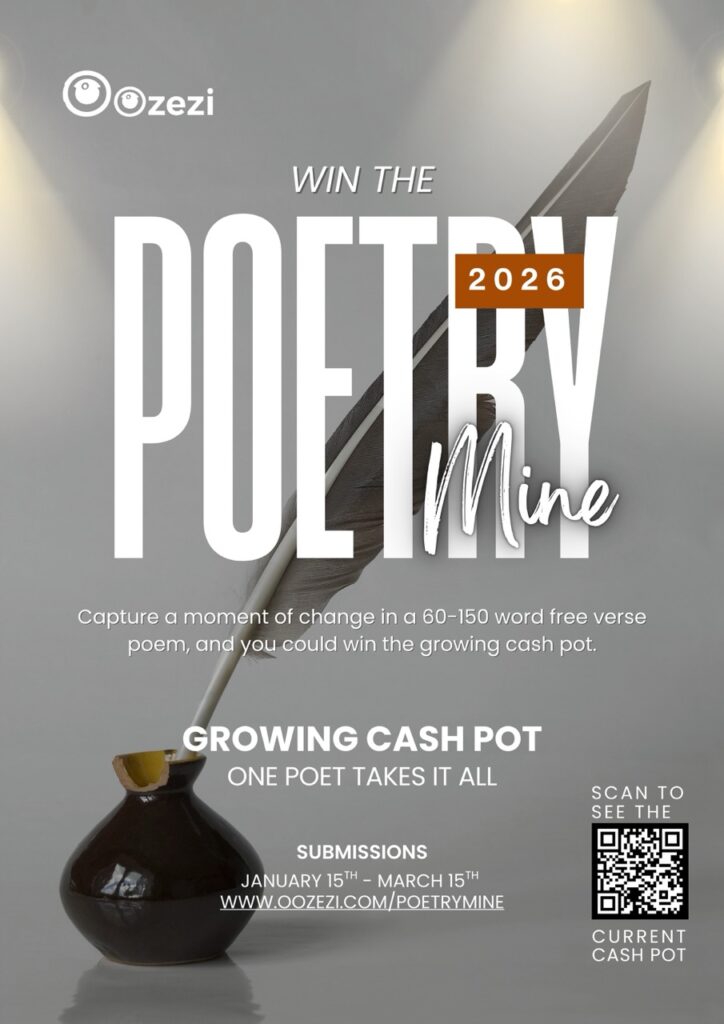The Harmattan wind rolled through Enugu like a silent storyteller, its dry breath lifting red dust into the morning sun, tracing invisible shapes across rooftops and rusted zinc sheets. Henry Agu squinted against the haze as he stepped onto the cracked sidewalk outside his flat on Independence street, slinging his torn laptop bag over one shoulder. The air tasted like chalk and dust, but Henry inhaled deeply. He liked it. It reminded him that something old was being swept away, even if he didn’t yet know what would take its place.
He moved with purpose, weaving between okadas honking for space and traders shouting over pyramids of fruits. His thin frame carried a kind of tension that could be mistaken for confidence. Most people who saw him — lean, sharply dressed in a plain shirt tucked into ironed jeans, assumed he was doing well for himself. And in many ways, he was. By twenty-seven, he had landed a contract job as a front-end designer for a Lagos tech firm with a remote office in Enugu. His rent was paid. His mother didn’t call as often to ask for money. He had a routine. But a strange thing clung to him lately, an emptiness that hovered just outside his consciousness, like a draft sneaking in through an unseen crack in a closed window.
At the junction, he waved down a tricycle and climbed in. “St. Michael’s,” he said, voice calm but distant.
The keke sped off, bumping over potholes as street vendors flashed by. He wasn’t headed to work just yet.
Mondays at St. Michael’s were for rehearsals, the one place where he could truly breathe. The church’s cultural dance troupe was preparing for the annual Igbo Cultural Festival, and Henry had been chosen to lead the final sequence: a hybrid choreography that mixed traditional Igbo steps with modern afro-contemporary movement. It was bold. Some of the old people grumbled at the idea as usual, suggesting that their traditions were being washed away. But the youth committee had approved it, and so had Brother Ugo, the troupe’s longtime coordinator.
As he stepped into the cool interior of the church’s multipurpose hall, Henry felt a certain stillness. There was something sacred about empty rehearsal spaces for him. The floor was scuffed — a remnant of years of shuffling and flips, the speakers were mismatched — far from perfect in every way imaginable, but that didn’t matter, not here. Here, rhythm ruled over reason. Here, Henry was not just a programmer. He was a vessel. A message of his own writing and yet the messenger.
He put his bag down, changed into his loose rehearsal sweatpants, and started warming up. Slow, deliberate stretches; neck rolls; foot taps and scuffs that echoed in the hall. He was already so in tune with himself that he didn’t notice the passage of time, or even that the others had already trickled in.
“Henry, biko start us off,” Brother Ugo called, as he clapped his hands to gain everyone’s attention.
The drummers took their places. The djembe thundered. And Henry moved, a man possessed with the very spirit that completed him.
The music pulsed through him like a second heartbeat. His arms cut the air in precise arcs, his feet barely seemed to touch the ground. The dance was not just performance for him, it was a memory, a dream, a protest, his message. His motion told the story of a boy who had taught himself rhythm using YouTube videos and shadows on his bedroom wall. Of a father who vanished before he could explain why. Of nights spent dancing to maintain the illusion of a less empty life.
Applause burst from the troupe as the final beat landed. All eyes on Henry as he bowed, one hand to his chest and another to the wind, breathing hard but smiling faintly. He opened his eyes to the thundering sound of hands clapping and compliments, his smile widened a bit as he scanned the room in silent thanks. Then he saw her.
Through the corner of his eye, he noticed someone new at the back of the hall, camera in hand, notebook clutched at her side.
A woman, nay — THE woman.
She stood with the stillness of someone observing, not participating. But her eyes were ripe with a curiosity that was anything but passive.
“Who’s that?” he asked Brother Ugo as he stepped off the stage, subtly nodding toward the back of the room.
“Oh, one journalist from The Daily Insight. They’re doing a piece on this our cultural festival. She even told me earlier that she wants to speak with our lead dancer. Better prepare for interview.”
Henry raised a brow, heart still thudding from the dance. He raised his gaze and the woman caught his eye and smiled, subtle but unmistakably direct as she slowly made her way toward him.
As she approached, he wiped sweat from his brow and straightened up.
“Hi,” she said. “I’m Chika Okeke.”


